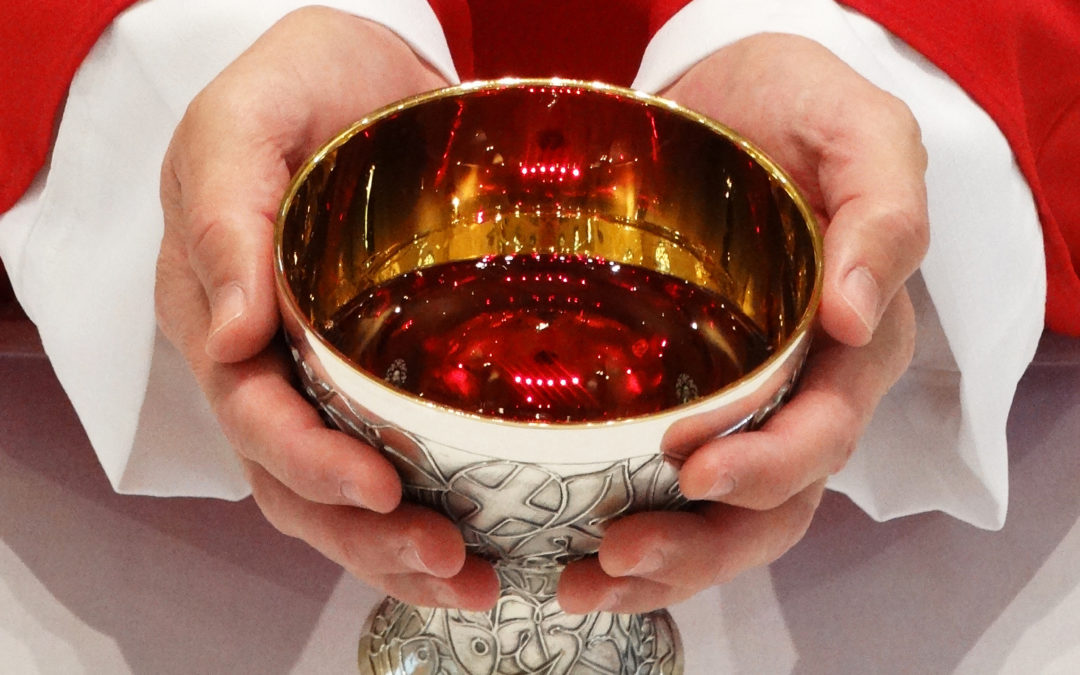An obvious theme in the first reading and Gospel is hospitality. During these summer months perhaps, we have had the opportunity to offer hospitality to guests or to be recipients of the hospitality of others. One of the traits that has often been associated with the C.PP.S. is hospitality, so these readings can certainly speak in a special way to the extended C.PP.S. family. What can we learn from them?
We find in Luke’s Gospel that Martha and Mary were clearly very attached to Jesus and he treated them with respect and affection. While he was friendly with all of them, it is hard not to feel a twinge of sympathy for Martha. It was her house after all, and she would naturally want to show it at its best. Her problem, as with over-anxious people in general, was that she saw only one way to do things and became annoyed when others followed a different course. What she does not see is that the best kind of welcome is when we forget ourselves and focus on what our visitor really needs. Jesus is saying rather than feeding guests it might be better at times to first enjoy their company. We should never be so busy that we have no time for conversation.
It’s clear that Jesus appreciated Mary’s listening spirit. Our attentiveness to Him must not be eclipsed by our mundane daily bustling about. Then we have St. Paul’s reflection about how the Word of God, hidden from all humankind for centuries, was received by those who eagerly listened to it. We need to make space for God in our lives, to listen for it at some time each day.
Another lesson in hospitality is presented in the Genesis text. We find Abraham, following the conventions of good Bedouin courtesy, scrambling to offer hospitality to some passing travelers. In this case it was important to offer food to the strangers. The scene turns out to be a theophany, a revelation of God. The narrator introduces the three passers-by as “three men.” Eventually, one of the three turns out to have extraordinary powers, for he predicts that Abraham’s wife will bear a son next year.
The one thing necessary in both stories is attending to the guest—whether by cooking or by attentive conversation. Martha’s fault was to be distracted from the point of her activity—serving the guest. The New Testament frequently images Christian life as hospitality. There are probably many opportunities for us to offer hospitality this summer and whether we are a Martha or a Mary, our focus should be on the guests, providing for what they need.
![]()
Fr. Tim McFarland, C.PP.S., is currently a chaplain for the Franciscan Hospitals of northwest Indiana. He previously was a professor of religion at Saint Joseph’s College in Rensselaer, Ind., for over 30 years.


